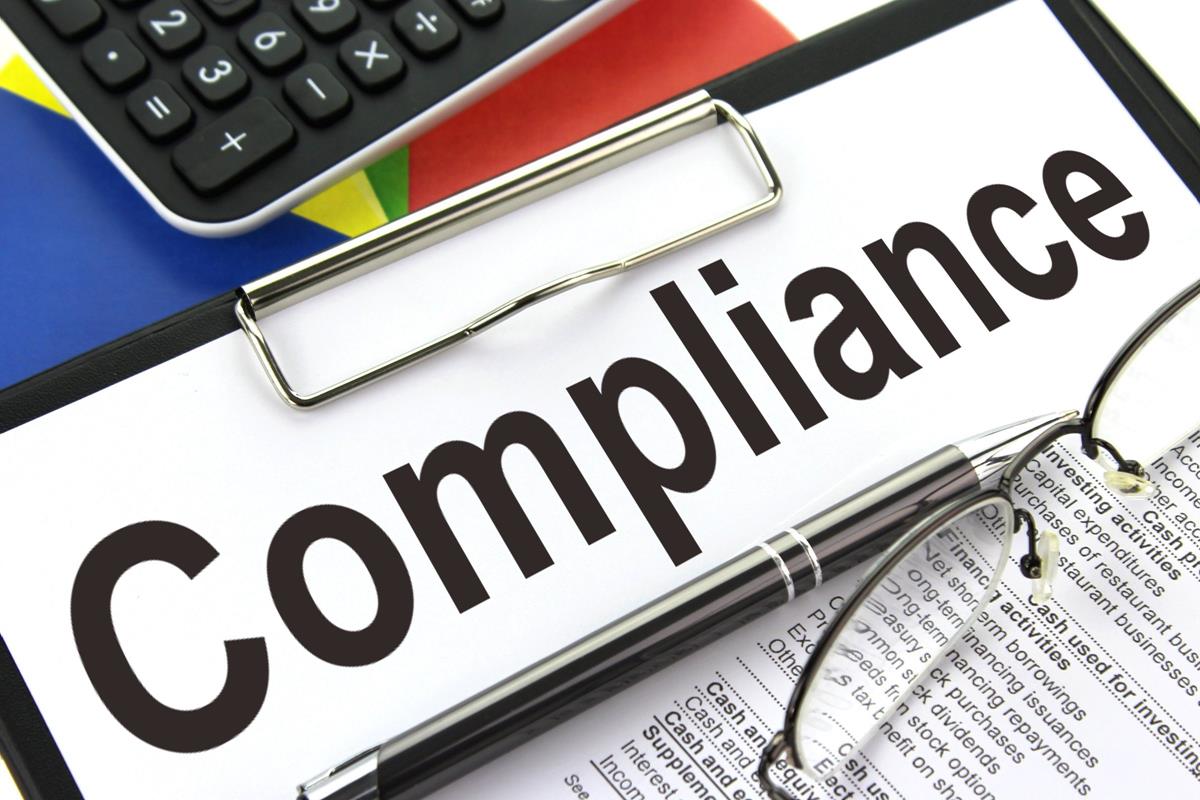Navigating Complexities Faced by Regulatory Compliance Teams
In today’s fast-paced and increasingly regulated business landscape, compliance teams play a critical role in ensuring that organisations adhere to legal standards, industry regulations, and ethical norms. However, with the growing complexity of global regulations, evolving technologies, and shifting business models, regulatory compliance teams are facing more challenges than ever before.
From managing a deluge of regulatory requirements to mitigating the risk of non-compliance, these teams must be vigilant, adaptable, and proactive to protect their organisations. Let’s take a closer look at some of the key challenges regulatory compliance teams are grappling with in today’s economy.
Evolving Nature of Regulations
One of the most significant hurdles for compliance teams is the continuous evolution of regulations across various industries. Governments and regulatory bodies frequently update and introduce new rules, often without much lead time. For example, the implementation of the European Union’s General Data Protection Regulation (GDPR) marked a seismic shift in data protection laws, with far-reaching implications for companies worldwide.
Similarly, financial regulations, environmental standards, and anti-money laundering rules are constantly being refined to keep pace with new technologies, emerging risks, and global challenges. Regulatory compliance teams must not only stay up-to-date with these changes but also adapt their processes to implement them in a timely and effective manner.
Organisational Culture, Governance and Management of Compliance
Regulatory compliance is not just the responsibility of the compliance team; it’s an organisation-wide issue. Fostering a strong culture of compliance across all levels of the business is critical. However, building such a culture can be difficult.
Employee awareness, training, and buy-in are often necessary to ensure that compliance is embedded in everyday business operations. Resistance to compliance measures can arise, especially if teams or individuals view compliance as an additional burden or an obstacle to innovation and agility. Regulatory compliance teams must collaborate with leadership and other departments to ensure that a commitment to compliance is woven into the fabric of the organisation’s culture. This will entail having difficult conversations to those resistant to regulations and change. It will require adept communication and assistance to achieve staff buy-in to compliance measures and culture.
Increased Pressure for Real-Time Monitoring
The shift towards real-time monitoring and reporting of compliance has become more pronounced, especially with the increasing demands from regulators and stakeholders for immediate transparency. Companies are now expected to continuously monitor their operations for compliance risks and report any discrepancies promptly.
Regulatory compliance teams must develop systems that can handle real-time data collection, analysis, and reporting. This requires an advanced infrastructure capable of continuously scanning business activities and flagging potential risks before they escalate. Meeting these demands places significant pressure on compliance teams to not only comply with regulations but also to demonstrate a proactive approach to risk management and transparency.
Talent Shortage and Skills Gap
The demand for skilled compliance professionals continues to outstrip supply. Regulatory compliance is a highly specialised field that requires expertise across a variety of domains, including legal, financial, technical, and ethical areas. With the increasing complexity of regulations, companies are struggling to attract and retain talent with the necessary skills to navigate the regulatory landscape effectively.
The shortage of skilled compliance professionals also means that existing teams are often stretched thin, leading to burnout and difficulty in staying ahead of evolving regulatory demands. This can be exacerbated in organisations that operate across multiple regions, where the need for specialised knowledge in different regulatory environments is even greater.
Technology and Automation Integration
Technological advancements offer both opportunities and challenges for compliance teams. Automation tools, artificial intelligence (AI), and machine learning are increasingly being utilised to streamline regulatory compliance processes, manage large volumes of data, and improve risk assessment models.
However, integrating new technologies into existing compliance frameworks can be complex. There may be concerns over data accuracy, system compatibility, and the potential for automation to overlook nuanced regulatory requirements. Additionally, with the rise of AI-driven compliance tools, there are questions surrounding ethical considerations and whether these technologies can fully replace human judgment in certain compliance decisions.
Compliance teams must find a balance between leveraging technology to enhance efficiency and ensuring that they retain control over the oversight and decision-making processes, especially when dealing with complex regulations that require a more hands-on approach.
Conclusion
In an environment where regulations are evolving rapidly and compliance risks are becoming more complex, regulatory compliance teams must be agile, resourceful, and well-equipped to meet the challenges ahead. From staying on top of global regulatory changes to leveraging technology and fostering a culture of compliance across the organisation, compliance teams are under increasing pressure to ensure that businesses operate within the bounds of the law.
While these challenges are substantial, they also present an opportunity for compliance teams to drive positive change within their organisations. By embracing a proactive, tech-enabled approach to compliance, teams can not only mitigate risks but also position their organisations for success in an increasingly regulated world.
To discover more on how to overcome these challenges and to strengthen regulatory compliance and governance, visit our training course ‘Mastering Regulatory Compliance’ for further information. The three-day training addresses all the challenges above and how to overcome them. Click here for more information on the course and register your interest in the course here.





